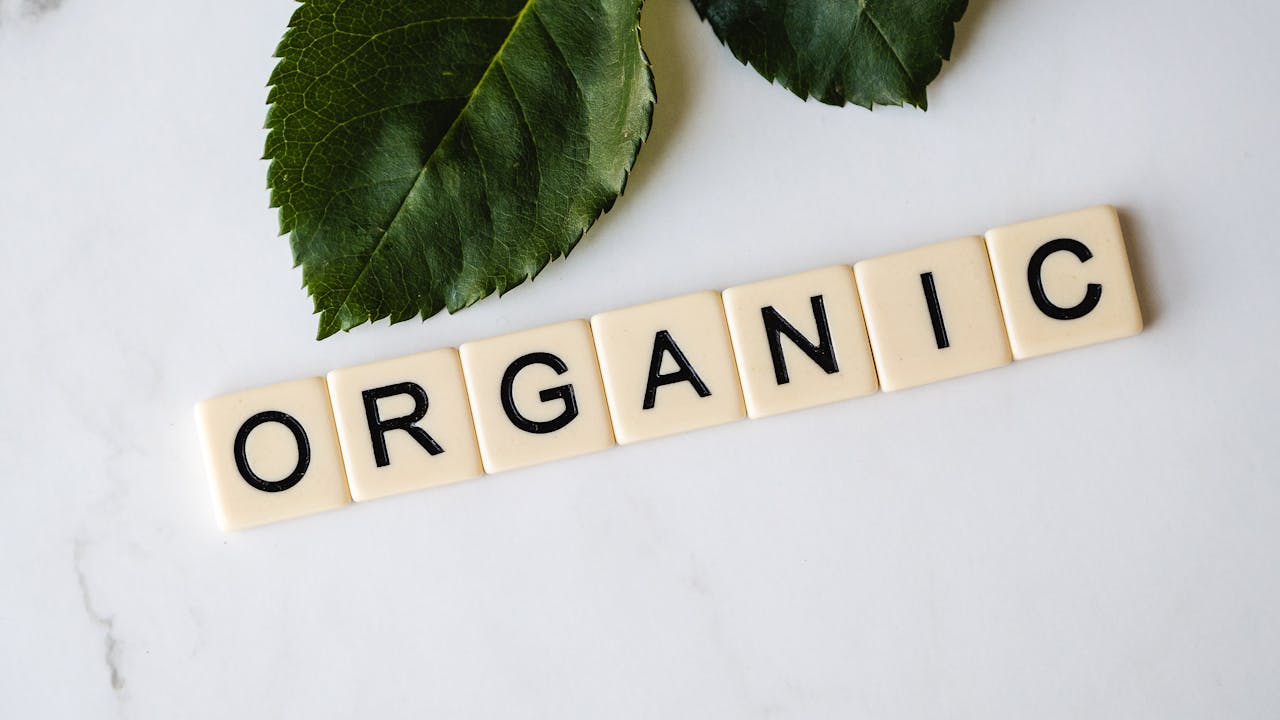
Organic food is supposed to be the safer choice. Many people pay extra for organic produce because they want to avoid pesticides. But sometimes, even foods labeled “organic” can contain pesticide residues. This can be confusing and frustrating, especially if you’re trying to make healthy choices for your family. Knowing which organic foods have tested positive for pesticides can help you shop smarter. Here’s what you need to know about the reality behind some “organic” foods and pesticides.
1. Strawberries
Strawberries are one of the most popular organic fruits. They’re sweet, easy to eat, and kids love them. But tests have shown that even organic strawberries can contain pesticide residues. This happens for a few reasons. Sometimes, pesticides drift from nearby conventional farms. Other times, the soil or water may already be contaminated. Washing strawberries helps, but it doesn’t remove everything. If you want to lower your risk, buy from local farms you trust and ask about their growing practices.
2. Spinach
Spinach is another food that often shows up with pesticide residues, even when it’s labeled organic. This leafy green grows close to the ground, making it more likely to pick up chemicals from the soil or water. Some organic farms use natural pesticides, but these can still leave residues. Rinsing spinach under running water can help, but it won’t get rid of everything. If you eat a lot of spinach, consider mixing up your greens. Try kale, arugula, or romaine lettuce to reduce your exposure.
3. Apples
Apples are a staple in many homes. They’re easy to pack in lunches and make a quick snack. But organic apples have sometimes tested positive for pesticide residues. This can happen if the orchard used to be a conventional farm, and the soil still contains old chemicals. Apples also have thin skins, so they absorb more from their environment. Peeling apples can help, but you’ll lose some fiber and nutrients. If you want to be extra careful, buy apples from small, local orchards that have been organic for many years.
4. Grapes
Grapes are another fruit that can contain pesticides, even when they’re organic. They grow in clusters, which makes them hard to spray evenly. Sometimes, organic grapes are grown near conventional vineyards, and pesticides can drift over. Grapes also have thin skins, so they’re more likely to absorb chemicals. Washing grapes thoroughly can help, but it’s not a perfect solution. If you’re worried, look for grapes grown in regions with strict organic standards.
5. Celery
Celery is crunchy and low in calories, but it’s also known for holding onto pesticides. Even organic celery can test positive for residues. This is because celery has a lot of surface area and grows close to the ground. Pesticides can stick to the stalks and leaves. Scrubbing celery with a brush and rinsing it well can help, but it won’t remove everything. If you eat a lot of celery, try switching to carrots or cucumbers sometimes.
6. Peaches
Peaches are juicy and sweet, but they’re also on the list of organic foods that can contain pesticides. Their fuzzy skin makes it hard to wash off residues. Peaches are also sensitive to pests, so even organic farmers may use approved sprays. If you want to lower your risk, peel peaches before eating them. Or, choose fruits with thicker skins, like oranges or bananas, which are less likely to absorb pesticides.
7. Tomatoes
Tomatoes are used in salads, sauces, and sandwiches. But organic tomatoes have sometimes tested positive for pesticides. This can happen if the farm is near a conventional field or if the soil is contaminated. Tomatoes have thin skins, so they absorb more from their environment. Washing tomatoes helps, but it’s not foolproof. If you’re concerned, buy tomatoes from trusted local growers or grow your own if you have space.
8. Potatoes
Potatoes are a staple in many diets, but they can also contain pesticide residues, even when labeled organic. Potatoes grow underground, where they can absorb chemicals from the soil. Some organic farms use natural pesticides, but these can still leave residues. Scrubbing potatoes and peeling them can help, but you’ll lose some nutrients. If you eat a lot of potatoes, try sweet potatoes or yams as an alternative.
What This Means for Your Organic Shopping
Buying organic food is still a good way to reduce your exposure to pesticides, but it’s not a guarantee. Pesticide drift, contaminated soil, and even natural pesticides can leave residues on organic produce. The best thing you can do is stay informed. Wash your fruits and vegetables well, even if they’re organic. Buy from local farms when possible, and ask questions about their growing practices. You can also check resources like the USDA Pesticide Data Program for the latest testing results. Remember, eating more fruits and vegetables—organic or not—is still better than skipping them altogether.
Have you ever found pesticide residues on your organic produce? Share your experiences or tips in the comments below.
Read More
10 Reasons Why Aldi’s Is the Best Grocery Store Ever
5 Secrets to Using Your Kitchen More and Eating Out Less
The post 8 “Organic” Foods That Were Found to Contain Pesticides appeared first on Grocery Coupon Guide.







